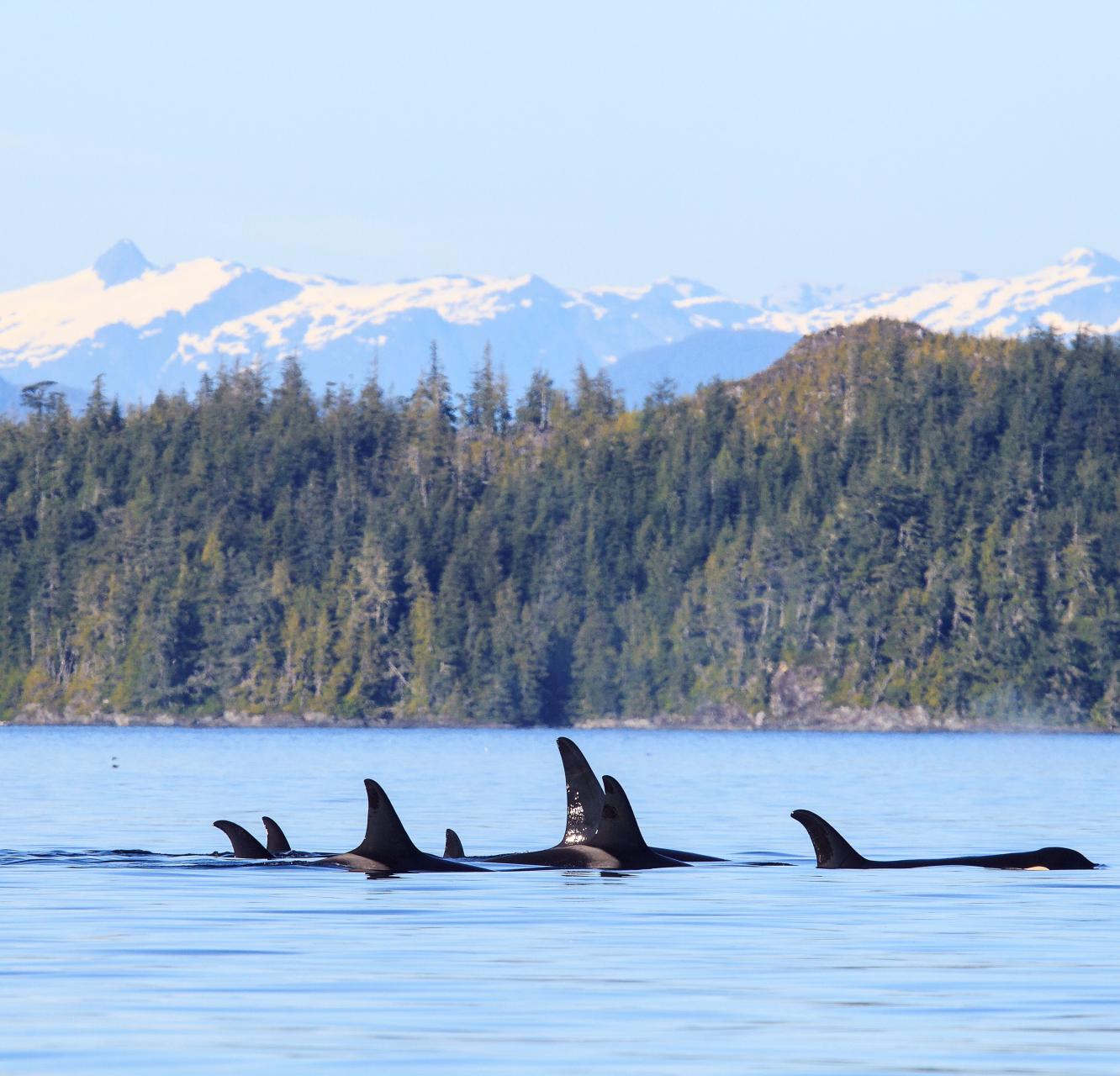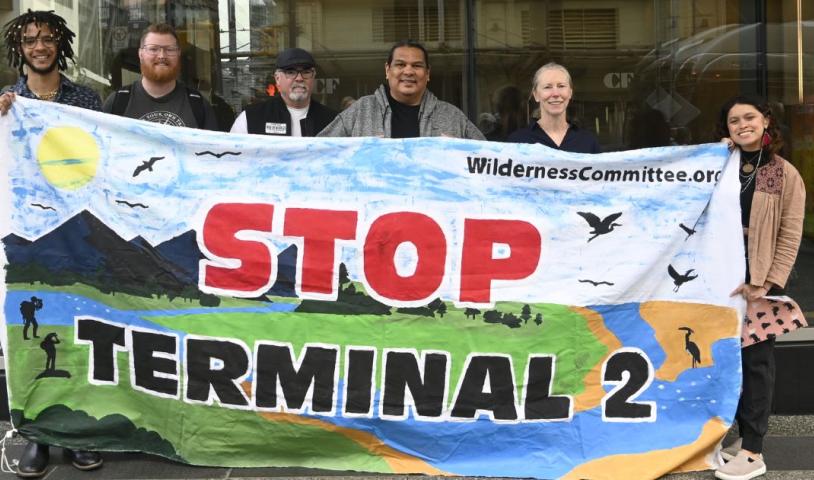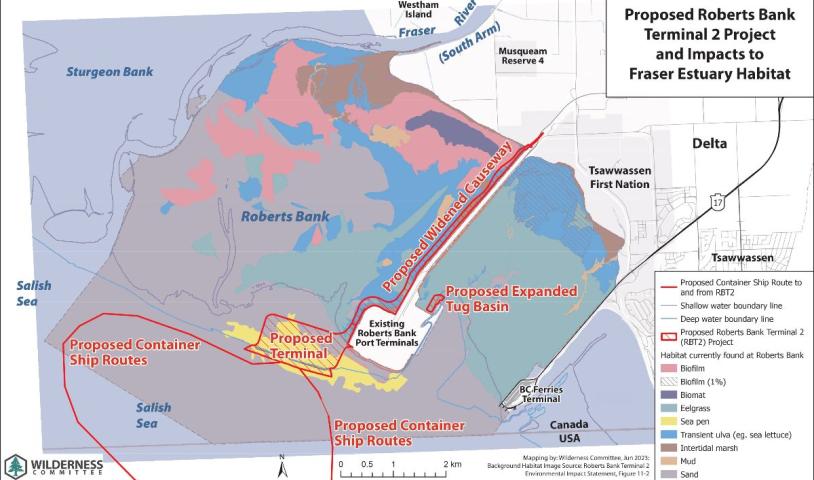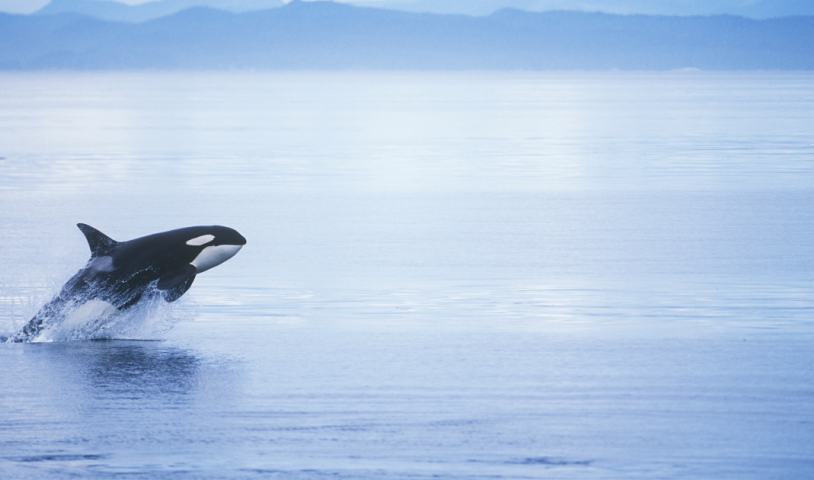Environmentalists in court to extend protection for killer whales
Monday, June 14, 2010
Environmental groups will be in court this week arguing the federal government is failing to adequately protect critical habitat for endangered and threatened pods of killer whales.
Ecojustice lawyer Margot Venton is asking the Federal Court of Canada for a judicial review, claiming the government is acting unlawfully by interpreting critical habitat only as physical space, instead of ensuring there is salmon for the whales to eat, the water is not overly polluted and whales are not subjected to excessive noise.
“The reason that this is critical habitat is that the areas are natural funnels for migrating salmon — that is why the whales are there,” said Venton, who is acting for the David Suzuki Foundation, Dogwood Initiative, Environmental Defence Canada, Greenpeace Canada, International Fund for Animal Welfare, Raincoast Conservation Society, Sierra Club of Canada and Western Canada Wilderness Committee.
Declines in chinook salmon runs, together with chemical pollution and noise in the ocean that makes it difficult for whales to echolocate prey, have been identified as affecting the survival of the endangered southern resident killer whales and the threatened northern resident pods. There are 89 whales in the three southern resident pods and about 235 northern residents.
“The big issue is we believe the government is limiting its interpretation and understanding of what they have to do to legally protect the whales,” said Venton, adding the lawsuit will act as a test case for other marine species.
“Because these are endangered species, we don’t have the luxury of time.”
If the environmentalists are successful, critical habitat protection could affect such activities as fishing, disposal of toxins and sewage, whale watching, vessel traffic, military sonar and seismic testing. The environmental groups initially sued the federal government for failing to protect critical whale habitat in 2008. Last year, they claimed victory when the government issued an order setting out the boundaries of critical habitat, which included Juan de Fuca Strait and the southern Strait of Georgia. However, the government has since interpreted critical habitat as only the sea floor, Venton said.
Photo: Orca near Vancouver Island, BC






